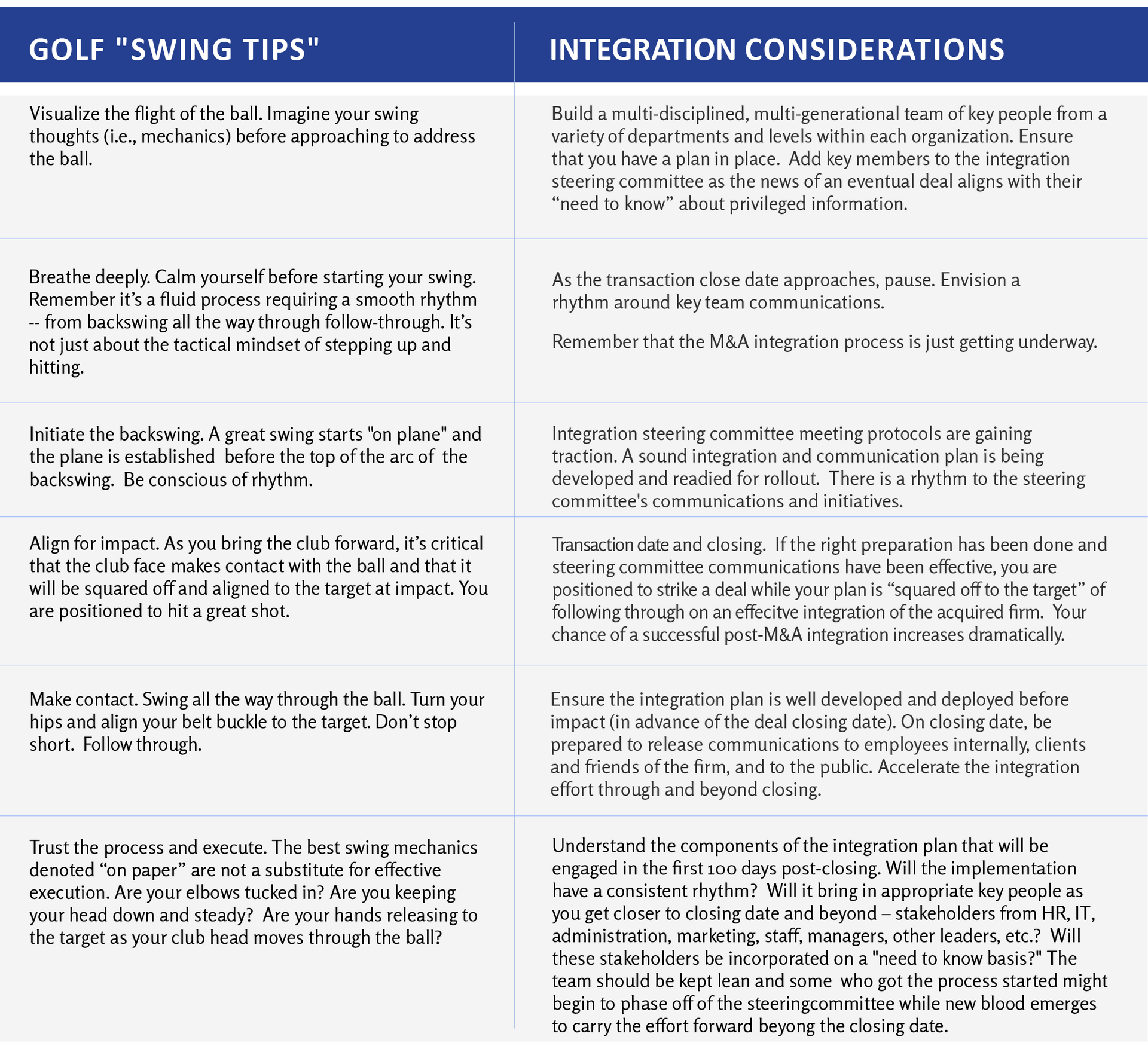What Stand-Up Comedy Taught Me About Business Leadership

A few days ago, I stepped onto a stage for the first time as a stand-up comedian. I’ve spent years doing improv, but stand-up is different. Stand-up isn’t about reacting in the moment; it’s about crafting, refining, and delivering material in a way that resonates (hopefully) with an audience that wants to be entertained.
I learned a ton from my stand-up classes and first performance and a great deal of what I learned can be applied directly to business leadership. Here are the three biggest lessons that business leaders can learn from stand-up comedy:
1. Preparation is Everything (Even for the Pros)
Unlike improv in which you show up, react, and make things work on the fly, Stand-up requires you to have every word, every pause, every punchline carefully written and painstakingly rehearsed.
Business leaders shouldn’t "wing it" Either. The best sales pitches, board presentations, client meetings, and strategic decisions are the result of careful and diligent preparation. If you show up thinking “you’ll figure it out”, you’re fooling yourself and setting yourself up to fail.
As Benjamin Franklin liked to say: “Failing to plan is planning to fail.” The power of planning and preparation isn’t about removing spontaneity—it’s about ensuring you’re ready to execute with confidence when it matters most.
2. The Power of Vulnerability, Authenticity, and Taking Risks
One of the most effective tools in stand-up is self-deprecating humor. Why? Because it makes you relatable. Nobody connects with someone who seems like they’re successful all the time and have everything under control. But they can certainly relate to you if you share your weaknesses and insecurities….that’s a longtime staple of standup comedy.
The same applies to leadership. Leaders who have the courage to be vulnerable—who can admit mistakes, laugh at themselves, and be authentic—create stronger teams and cultures. Trying to project invincibility only leads to stress, pressure, and, ironically, a feeling of disconnection from your team.
But beyond vulnerability, there’s also the risk factor. Stand-up is terrifying because there’s nowhere to hide. It’s just you, a microphone, and an audience deciding, in real-time, if you’re worth listening to. Sound familiar?
As business leaders, we constantly ask people to take risks—new projects, big decisions and high stakes conversations. If we’re not willing to put ourselves out there in uncomfortable situations, how can we expect others to do the same? True leadership means stepping up, taking risks, and showing others that it’s okay to take a shot, even if you end up failing.
3. Timing, Communication, and Owning the Moment
When you step on stage, the clock starts. You don’t get extra time to call a timeout and explain the joke. You don’t get a second chance to deliver the punchline. You have one shot to deliver with confidence, clarity, and impact.
Business is no different. Whether it’s presenting to a client, pitching to investors, or leading a team meeting, if you’re not clear and compelling, you lose your audience.
A firm deadline also changes everything. I had no choice but to be ready by showtime. In business, external deadlines, board meetings, investor pitches, and client presentations, etc. force you to execute. When it’s your time to deliver the preparation is over. You must step up, communicate with confidence, and make it happen.
Before embarking on my stand-up journey, I never realized that comedy is as much about writing as it is about performing and speaking. The words you choose matter – a lot! The structure matters. The delivery matters. And in business, the same is true. If you can’t articulate your message clearly and succinctly, you risk losing the moment entirely.
When I started my stand-up class I thought it would be all about telling jokes. Instead, I walked away with valuable lessons about preparation, vulnerability, and communication—three of the most critical skills in business leadership.
Conclusion
As a business leader: when was the last time you put yourself in a position in which you had no choice but to execute and to take a risk and own the moment?
If it’s been a while, maybe it’s time to expand your horizons and step onto a different kind of stage.








